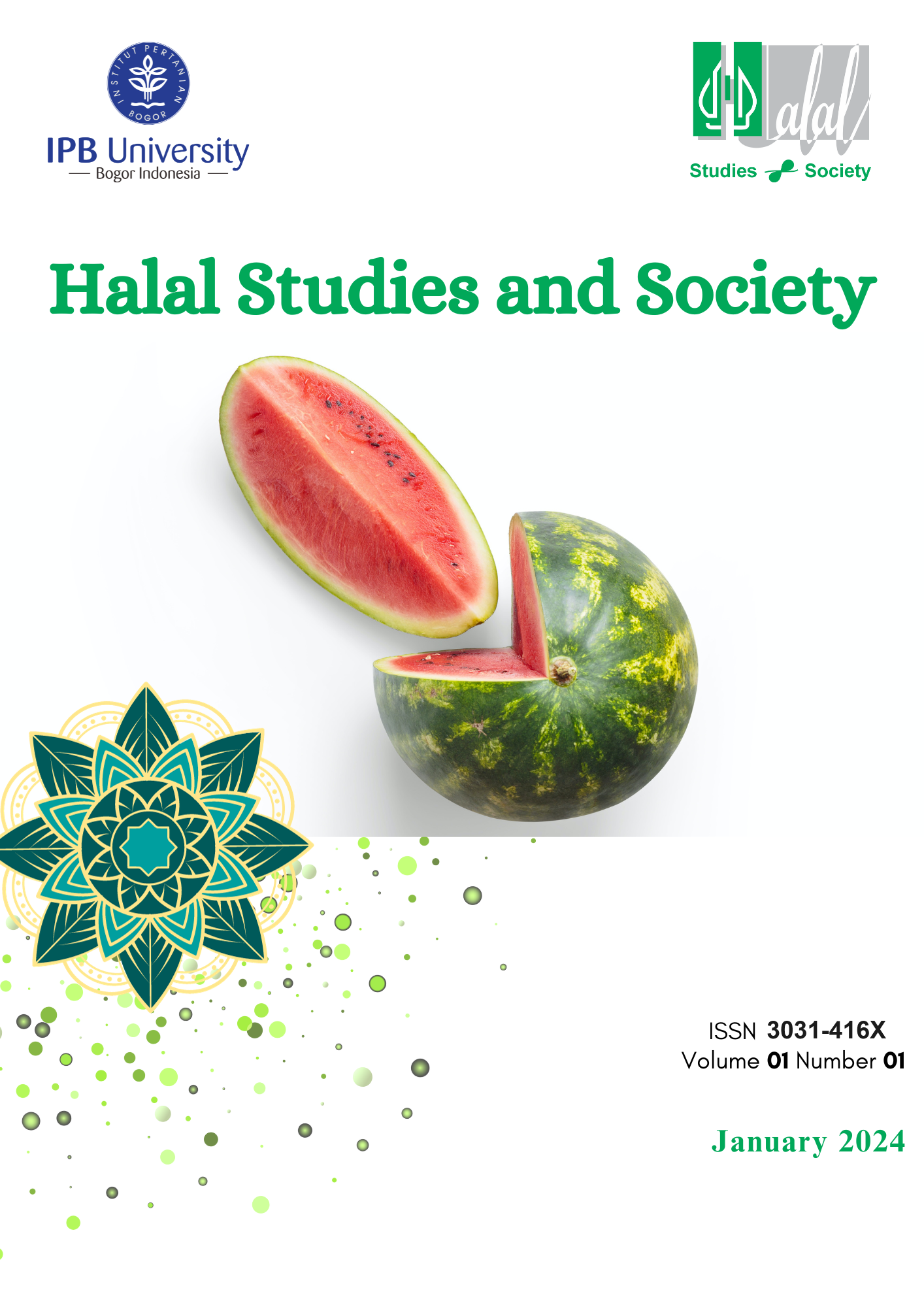Development strategy of halal tourism village in Gedepangrango tourism village, Sukabumi district
Abstract
Tourism is an industry that significantly contributes to the country's economy. Halal tourism is a type of tourism with promising potential. The number of tourism villages with halal concepts in Indonesia is still limited. However, Gedepangrango Tourism Village shows potential for development as a halal tourism village. This study analyses the strategy for developing a halal tourism village in Gedepangrango Tourism Village, Sukabumi Regency, utilizing the Analytical Network Process (ANP) method and Strengths, Weaknesses, Opportunities, and Threats (SWOT) approaches. The study's findings indicate that strengths, weaknesses, and opportunities significantly impact the development of a halal tourism village in Gedepangrango Tourism Village. The analysis of strengths, weaknesses, opportunities, and threats reveals the tourism potential in agriculture, nature, and culture within Gedepangrango Tourism Village. However, governance in the village has not been optimal. Notably, the development plans for the halal tourism village correspond to the Regional Medium-Term Development Plan of Sukabumi Regency. Additionally, several other tourist village objects present competition. The primary focus lies in raising human resources' capacity to develop halal tourism villages.
Copyright (c) 2023 CC BY-NC

This work is licensed under a Creative Commons Attribution-NonCommercial 4.0 International License.













